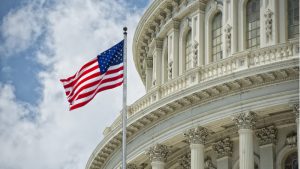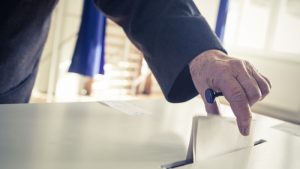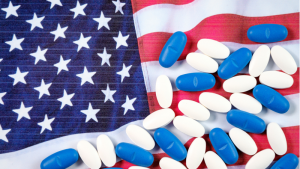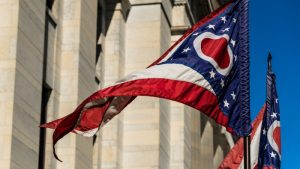As the new year gets underway, MeriTalk is looking back to some of the top innovators in Federal, state, and local cybersecurity. At the Symantec Government Symposium, MeriTalk’s founder Steve O’Keeffe sat down with the 2017 Cyber Award winners to discuss their success, and what they learned as they worked to stay ahead of cyber threats.
A bipartisan bill introduced in the Senate just before the Christmas break aimed at protecting American elections from foreign cyberattacks has been getting generally positive reviews from security professionals.
Dave Weinstein, who became New Jersey’s first chief technology officer (CTO) in June 2016, confirmed he would resign today when incoming Gov. Phil Murphy takes his oath of office.
A decade after its initial data center consolidation survey, the National Association of State Chief Information Officers (NASCIO) released Shrinking Data Centers Playbook as an update on state efforts to consolidate and optimize data centers. The report shares best practices and recommendations to states that are still consolidating.
The state of Florida hired Nancy Sampson as its first chief data officer (CDO). Sampson, who will provide vision and strategy for all data management activities for the state, started in the new role on Oct. 27.
On Monday Cisco announced that Michigan is the first state to join Cisco’s State Digital Acceleration (SDA) program, a 3-year targeted collaboration program to advance the state’s digital agenda. Cisco announced the SDA initiative in Detroit at the 2017 North American International Cyber Summit hosted by Michigan Gov. Rick Snyder.
FirstNet released its Tribal Consultation Policy, which outlines the consultation process FirstNet will use with tribal nations regarding the deployment of the nationwide public safety broadband network. The new policy will give tribes an avenue to express their public safety needs through a nation-to-nation relationship between FirstNet and the 567 Federally recognized tribes, according to a FirstNet release.
With a desire to improve cross-agency communication and streamline IT service delivery, Ohio turned to ServiceNow for an enterprise IT service management tool.
Washington CIO Michael Cockrill is moving to the private sector later this month. After being appointed by Washington Gov. Jay Inslee in 2013, Cockrill oversaw the creation of Washington Technology Solutions, the agency created in 2015 to centralize state IT and improve services for the people of Washington through technology. Cockrill spoke with MeriTalk State and Local about his time as CIO and the jump to rejoin the private sector.













